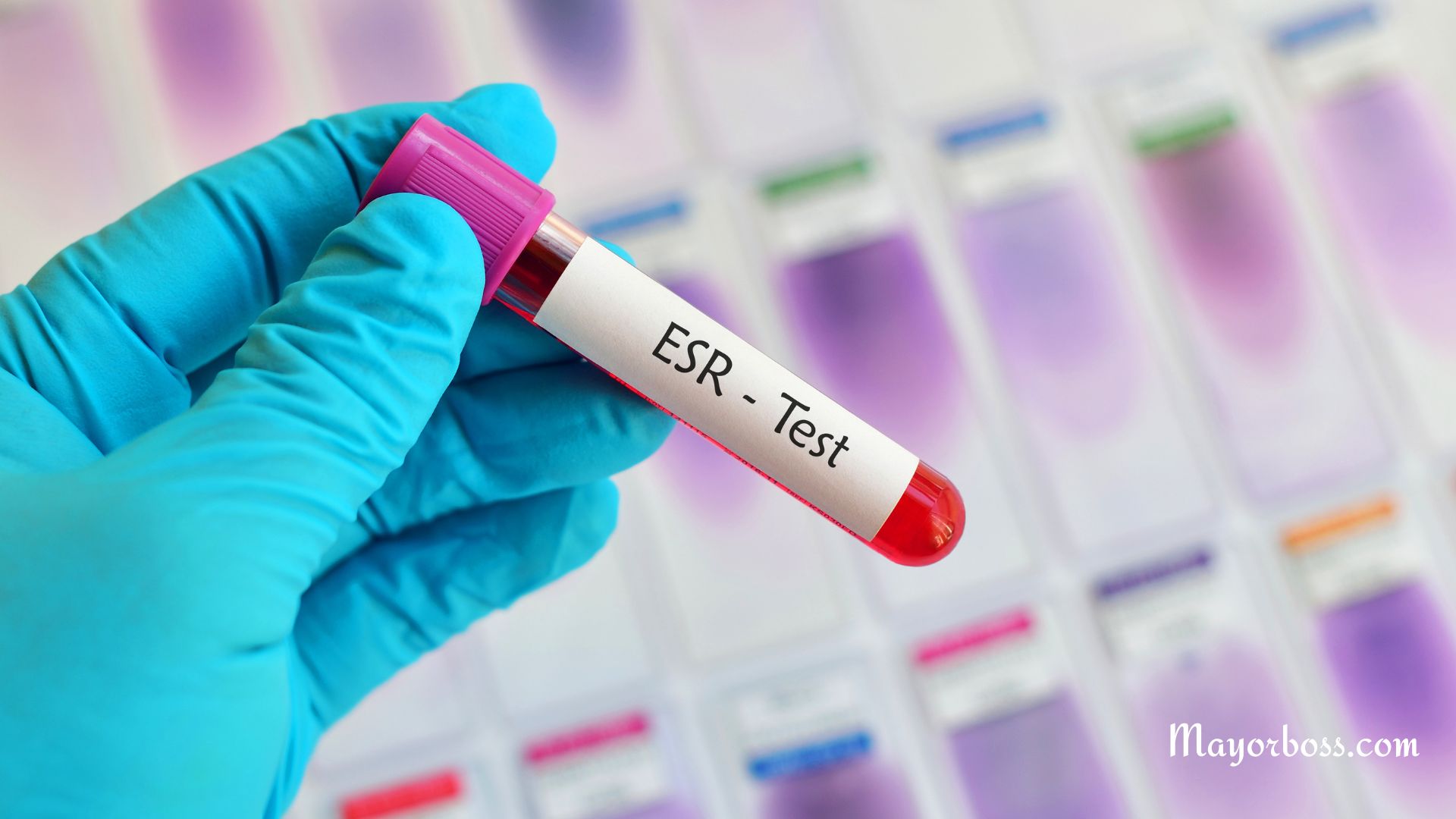What It Means When Your ESR Blood Test is High
Have you ever received a blood test result showing a high Erythrocyte Sedimentation Rate (ESR) and wondered, “What does this mean for me?” Understanding the implications of a high ESR can be crucial in unraveling underlying health issues.

ESR: A Marker of Inflammation
Firstly, it’s essential to grasp what ESR is. ESR measures how quickly red blood cells (erythrocytes) settle at the bottom of a test tube over a specific period. A faster-than-normal rate can indicate inflammation in your body. But why does this happen? When inflammation occurs, certain proteins in the blood cause red blood cells to clump together and settle more quickly.
Common Causes of a High ESR
A high ESR doesn’t diagnose a specific disease. Instead, it’s a red flag that your body is experiencing some form of inflammation. Various conditions can lead to an elevated ESR, including:
- Infections: Bacterial, viral, or fungal infections can trigger an inflammatory response, raising your ESR.
- Autoimmune Diseases: Conditions like rheumatoid arthritis or lupus, where your immune system attacks your own body, often result in a high ESR.
- Chronic Inflammatory Diseases: Crohn’s disease, ulcerative colitis, and other chronic inflammatory conditions can elevate ESR levels.
- Cancer: Certain types of cancers, especially those affecting blood, bone marrow, or lymph nodes, can cause a high ESR.
It’s Not Always Serious
It’s important to remember that a high ESR isn’t always indicative of a severe medical condition. Sometimes, it can be due to less concerning factors such as:
- Aging
- Pregnancy
- Anemia
- Menstruation
Symptoms of High ESR Levels
While a high ESR itself doesn’t cause symptoms, it can accompany various signs depending on the underlying condition, such as:
- Fatigue or Weakness: Often seen in chronic inflammation or infection.
- Fever or Chills: Common in conditions like infections or autoimmune diseases.
- Joint Pain or Stiffness: Associated with autoimmune conditions like rheumatoid arthritis.
- Unexplained Weight Loss: Sometimes a sign of chronic inflammation or cancer.
- Muscle Pain: Can occur in inflammatory conditions like polymyalgia rheumatica.
The Normal Range for ESR Levels
The normal range for ESR can vary depending on the testing method and individual factors like age and sex. Generally:
- For men under 50, a normal range is 0-15 mm/hr.
- For men over 50, it’s typically 0-20 mm/hr.
- For women under 50, the range is 0-20 mm/hr.
- For women over 50, it’s 0-30 mm/hr.
Children usually have a range of 0-10 mm/hr. However, these ranges can differ slightly depending on the laboratory and the test used.
What Should You Do?
If you have a high ESR, it’s crucial to work with your healthcare provider to find the root cause. They may recommend further tests or evaluations based on your symptoms, medical history, and other test results. It’s like putting together a puzzle – the high ESR is one piece, and your doctor will help find the others to get a complete picture of your health.
Frequently Asked Questions
Is a high ESR always a cause for concern?
Not necessarily. While it can indicate inflammation, it’s just one piece of the diagnostic puzzle. Your doctor will consider other factors and tests before reaching a conclusion.
Can lifestyle changes affect ESR levels?
Yes, to some extent. For instance, if your high ESR is due to a condition like obesity or poor diet, lifestyle changes can help lower inflammation and, consequently, ESR levels.
How is a high ESR treated?
Treatment focuses on the underlying cause rather than the ESR itself. If an autoimmune disease is the culprit, medications to control the immune system might be prescribed. If it’s an infection, antibiotics or antivirals might be used.
In conclusion, a high ESR is a signal from your body that something might be amiss. It’s a call to action, urging you to delve deeper into your health with the guidance of a healthcare professional. While it’s not a definitive marker of any particular disease, it’s an important clue in the broader context of your overall health.
